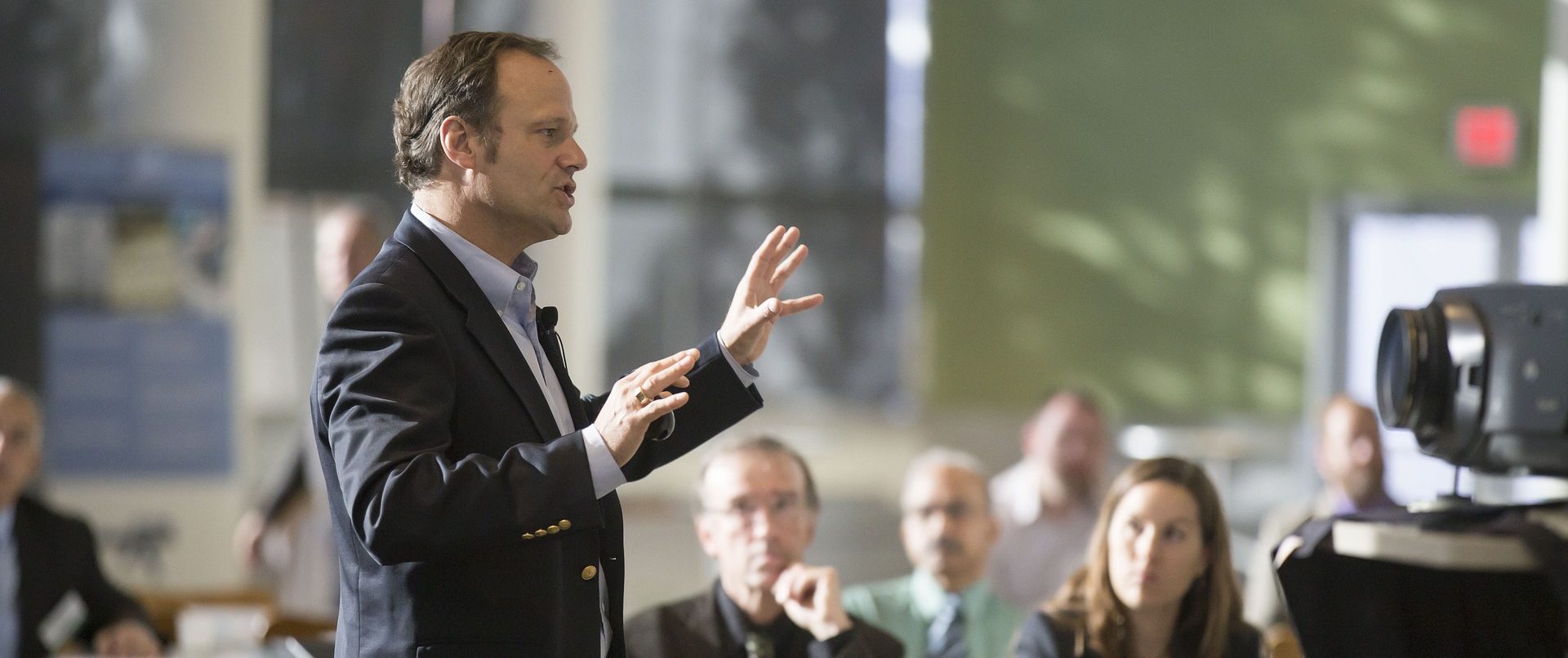Public speaking – needn’t be scary!
After networking, public speaking is another feature of professional life which can strike fear into the heart of even the bravest of souls…
I’ve been amazed at how many people either can’t do it, won’t do it, or do it really badly. Sometimes the people you’d think are great at public speaking are the most terrified of it.
As a musician, one of the things we learn is to prepare and rehearse. Even an apparently unrehearsed performance has probably been practised a million times. I often marvel at the likes of the late Terry Wogan and his successor Chris Evans, for their apparent natural demeanour on stage and radio. But that demeanour is by no means an accident.
So, some tips for public speaking.
- Prepare: in my experience, the best talks I’ve seen have been accompanied by a comprehensive paper. Too often people try and use their PowerPoint slides alone to negate the need to write something more detailed down. The slides should have as few words as possible on them, the research that goes into the talk should be in note form. Formulate a structure and get your ideas together so that when you present the slides, the audience can focus on what you have to tell them.
- Don’t read the notes: in contrast, the worst talks I’ve seen are those where a speaker reads their paper out to the assembled audience. If I wanted to read your paper, I could have asked you for the paper, and it would probably have been more coherent!
- Rehearse, rehearse and rehearse some more: Going back to the point about Wogan, Evans, etc – they rehearse. There’s absolutely no way that three hours of radio or indeed ten minutes of compering on stage is an accident. One of my colleagues, when first hosting an event was astounded by how hard it is. That was just to introduce someone for two minutes before they talk for an hour. No matter how short or simple the talk is, rehearse it until you know it inside out. Ideally rehearse with someone else – a peer or family member.
- Use a visual aid or a prop: 75% of people’s absorption of information comes through sight. So you need to capitalise on that. A great example from a CIOB talk for undergraduates was to get one of the students to volunteer. They didn’t know what they were volunteering for, so there was some reluctance. The person who did volunteer was given a bottle of champagne and told to sit back down. The point being that you have to be ‘in it to win it’ – but without that visual aid, the point would have been far less memorable.
- Slides: Can be helpful BUT – for crying out loud, don’t put more than a few words onto each slide. Solicitors are the worst for this – copying entire segments of a case onto the screen, because context is important. Context is important, but not if it takes longer to read one slide than it would to listen to your entire presentation. Keep the slides simple, brief and include images.
- Timing: keep to time. I made this fatal mistake very recently. It had been a while since I’d last presented, and I forgot to keep an eye on the time. So excited was I by the subject at hand that I over-ran by about 20 minutes. Luckily the people I was talking to didn’t seem to mind too much, but it’s never good to overrun. Particularly (as once happened at an event I organised) if you have a colleague waiting to speak after you, and you’re eating into their time.
- Case studies & Interactivity: I spent the majority of my eighteen years of organising events, trying to convince speakers to include interactivity and case studies in their talks. Those who did were consistently the most popular speakers. Always include a case study or two and get the people in the room to engage.
- Finally – prepare, rehearse, and don’t read the notes! Even if your slides and visual aids are terrible, those three things should ensure people don’t hate you by the time you’ve finished speaking.
There’s so much to consider – the venue, the audience, the subject matter, different regional and religious sensitivities, etc etc.
However, the above eight tips should help ensure you have a successful talk. It never ceases to amaze me how many don’t think public speaking deserves their full attention, completely disregarding the first three points above. Practice and preparation are absolutely crucial.

